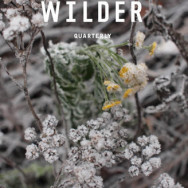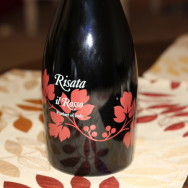I recently considered joining a book club until realizing the book of the month was Little Bee. I have read this novel cover to cover, always hoping that there would be some point and some value to the story, but now that I have re-read the book and listened to the audio book I can conclusively say there is nothing but sadness and depression ahead of you if you read this book.
I don’t often come across books that I cannot appreciate for one reason or another, but this one takes the cake. I will say this: the novel is well written and quite emotional. However, in the same breath I feel obliged to say that being well written and emotional but offering nothing but sadness is a bad combination. There is no salvation for the young girl fleeing Nigerian civil war, the British family that the finds falls apart because of knowing her, and the end is violent in an ambiguous way that leaves the reader unsatisfied and in need of hugs and comfort food.
Cleave certainly has a way with words, and I still become sad thinking about the opening chapters of the novel in which a man commits suicide, leaving his wife and child to deal with Little Bee’s arrival and his death at the same time. The image of a toddler, dressed in a batman outfit, climbing in to his father’s grave, pleading with his mother to let his daddy out of the coffin is something that I found especially heart-wrenching. It reminds me of my niece, barely three years old, drawing a picture of a (self-described) “friendly monster” to put in to my uncle’s coffin in order to keep away the monsters and make sure he doesn’t get scared by the dark. Explaining death to a child is one of the most difficult parts of dealing with the loss of a loved one, and the fact that Cleave captured some of that difficulty impresses me.
To be honest, for all that his poignant and intelligent prose impresses me,I just cannot recommend the novel. I firmly believe that books should be written to teach, explain, discuss, explore, and/or inspire. While this book touches upon displacement/refugees from and violence in Nigeria, it does so in such a way that all only the very slightest ripples of this reverberate in the story and that bothers me immensely. If I read a book about international refugee laws, refugees, and/or families disintegrating under the burden of witnessing the violence creating the refugees, I want there to be a point, or a rally to action, but it must be something more than an ambiguous ending dominated by death and unknown victim(s).
If you are interested in these topics, this may be the book for you. However, I would not, under any circumstances, give it as a gift. Nor would I classify this as a “Beach Read” as so many bookstores seem to have done; especially if you do read the book, you’ll understand the why I find this particular classification horrifically ironic.







